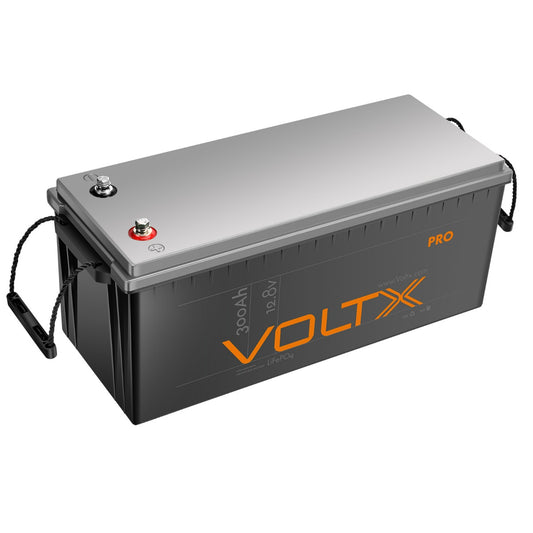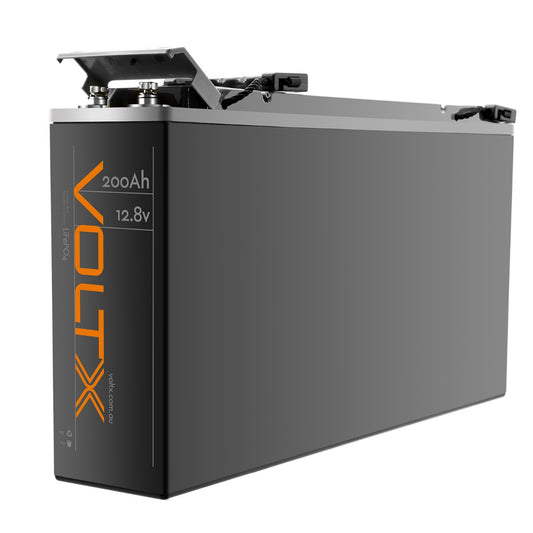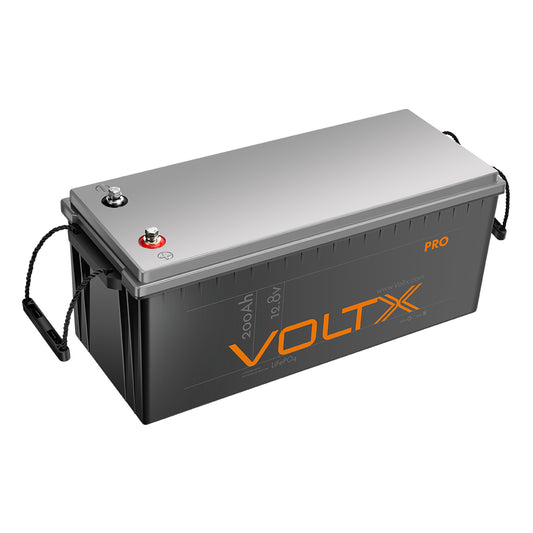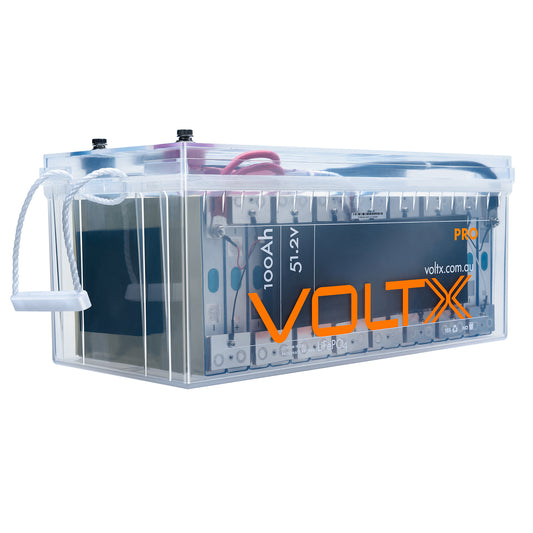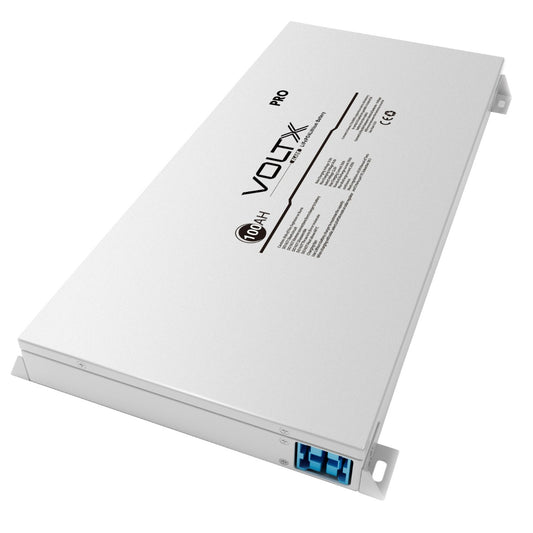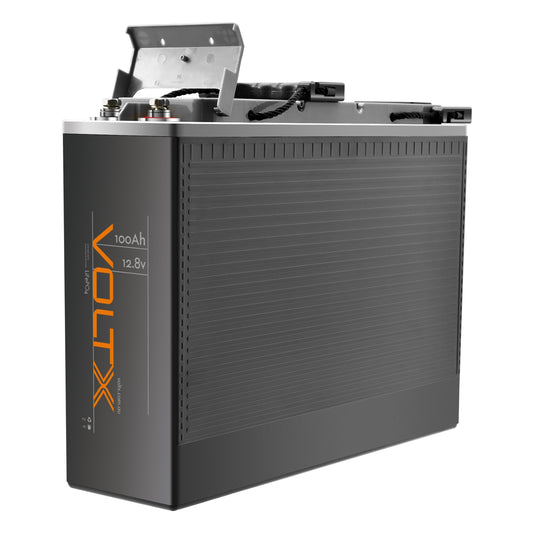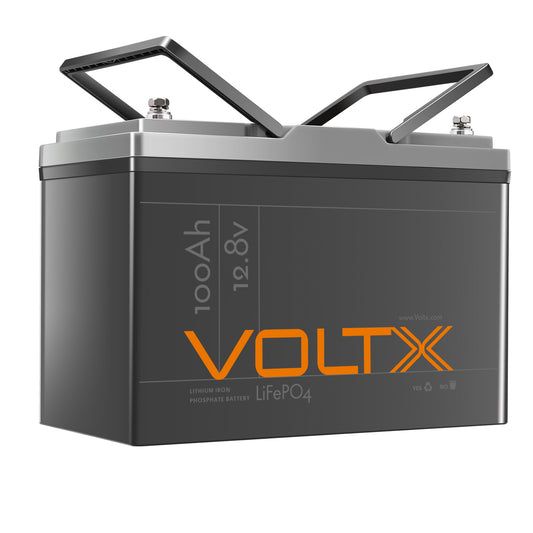Most outdoor lovers would always mention lithium battery packs when talking about portable sources of power. Scientifically speaking, lithium batteries are a type of rechargeable batteries that use metallic lithium as an anode, hence they are also called lithium-metal batteries. In terms of outdoor use, this battery type is popular for its reliability, high energy density, and long shelf life. Lithium batteries are also often confused with other types of batteries in the market such as lithium-ion batteries, LiPo batteries, and LiFEPO4 batteries.
Let's talk about lithium-ion batteries first. These are typically used in portable consumer electronics due to their high energy-to-weight ratios and slow self-discharge rate. Next is the lithium-ion polymer batteries of LiPo, which is are suitable for robust power usage too and are mostly used in electric cars and radio-controlled aircraft. Last but definitely not least are the lithium iron phosphate or LiFEPO4 batteries which are dubbed as the safest batteries in the market. LiFEPO4 combines a modern, lightweight external design with improved capacity, extended lifespan, and safety features for the perfect portable lithium power pack.
Is LiFEPO4 better than lithium-ion batteries?
LiFEPO4 and lithium-ion batteries are the most interchanged out of all battery types and a lot of people assume that they are the same. This is not the case though. While they have similarities in terms of how they operate, being rechargeable, and incorporating new technology, there are big differences that set them apart.
For one, these batteries have different chemical structures. Li-ion batteries use either lithium cobalt dioxide or lithium manganese oxide as cathode, while lithium iron phosphate batteries use LiFEPO4. Another thing, LiFEPO4 have better thermal and chemical stability, meaning they won't easily combust or catch fire. They also win in the longevity department with an extended lifespan and provide reliable power even at 80% discharge level. Generally, LiFEPO4 has an edge over Li-ion batteries especially if you're going to use it as a camping battery or caravan battery.
Can I charge a lithium battery with a lead-acid charger?
While there are lithium battery chargers specifically designed for LiFEPO4, you can actually use a lead-acid battery charger to top off your power. This should be all right as long as you can set the maximum voltage of the charger and the equalisation mode is disabled. It's the same thing when you reverse it-using a lithium charger on a lead-acid battery is fine as well and will provide constant voltage as long as it's able to. However, this is discouraged since it could drain the cells below their normal capacity and affect your battery's overall lifespan. In any case, the best thing to do is still use the appropriate charger for all kinds of rechargeable lithium batteries. You can also opt for solar lithium batteries and pair them with a good set of solar panels-this is usually recommended if you 're going to use your battery in recreational vehicles like caravans and camper vans.
How long do lithium batteries last?
Lithium-ion batteries usually last for two to three years or 300 to 500 life cycles. Cycle is the period of battery usage from fully charged to fully discharged and back to fully recharged again. You will know if your Li-ion battery is declining when it gradually loses its capacity to hold a charge, which eventually leads to a decrease in its run time. LiFEPO4, on the other hand, can last from seven to ten years or up to 2000 cycles with regular maintenance and correct usage. They mostly require minimal maintenance which includes terminal cleaning, preventing overcharge or discharge and charging in frequent, shallower intervals.
More from Outbax
Aside from camping generators and solar panels, Outbax also specialises in portable batteries for camping. We have a line of different lithium battery boxes such as 100Ah lithium batteries, and slimline lithium batteries. Best of all, our products are a lot more affordable without compromising on quality. Check out our lithium battery prices or if you want a more straightforward portable power, we have available portable power station on our website too. Think that 's all? Outbax has you covered from the start of your purchase and even after it. Feel free to ask our customer service team for assistance via chat or give us a call at 02 888 10 333. We 're more than happy to help you whether it 's about repairs, maintenance questions, or suggestions on which product is right for you.

